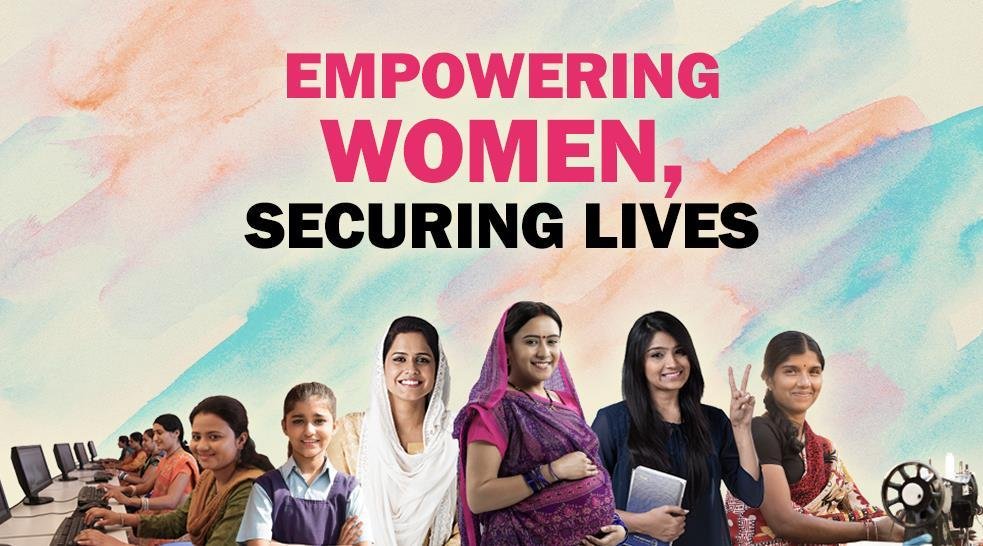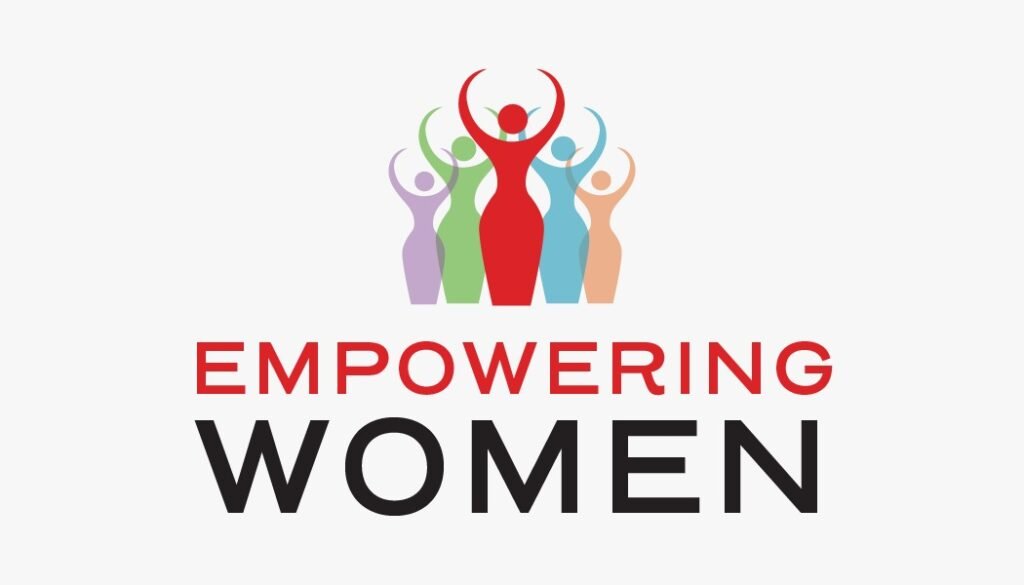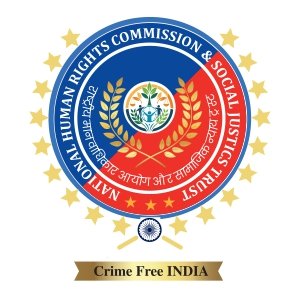Women Empowerment
Women Empowerment

Women empowerment in India is an essential pillar for achieving inclusive national development. Historically, Indian women were deprived of access to education, property ownership, and meaningful participation in decision-making processes. Even after India gained independence in 1947, gender inequality continued to persist across social, economic, and political domains. Over time, reform movements, governmental policies, and civil society initiatives have worked together to advance gender equality, leading to increased involvement of women across various sectors of society.
The essence of women empowerment lies in ensuring that women have the freedom and rights to make decisions about their lives. It seeks to eliminate all forms of discrimination based on gender, caste, and social status, and recognizes the vital role that women play in building a progressive, equitable society.

The Indian Constitution provides a strong foundation for gender equality. It ensures equality before the law through Article 14 and prohibits gender-based discrimination under Article 15. Article 39 emphasizes the principle of equal pay for equal work. In addition to constitutional safeguards, several legal frameworks have been introduced to protect and promote the rights of women. These include the Dowry Prohibition Act of 1961, the Protection of Women from Domestic Violence Act of 2005, and the Sexual Harassment of Women at Workplace (Prevention, Prohibition, and Redressal) Act of 2013. The Maternity Benefit Act supports working women by offering paid maternity leave and ensuring workplace protection during and after pregnancy.
India has witnessed noteworthy progress in the sphere of women empowerment. There has been a steady increase in the presence of women in sectors such as corporate management, healthcare, security services, and academia. Educational initiatives and awareness campaigns have contributed to a significant rise in girl child enrollment and a reduction in school dropout rates. Women are now more visible in local governance structures and are actively involved in shaping public policies.
Legal literacy among women has also improved, leading to greater awareness of their rights and entitlements. NGOs, such as Hindrise Foundation, have played a key role in extending educational, nutritional, and healthcare support to girl children and women in underprivileged communities, especially in rural India.

